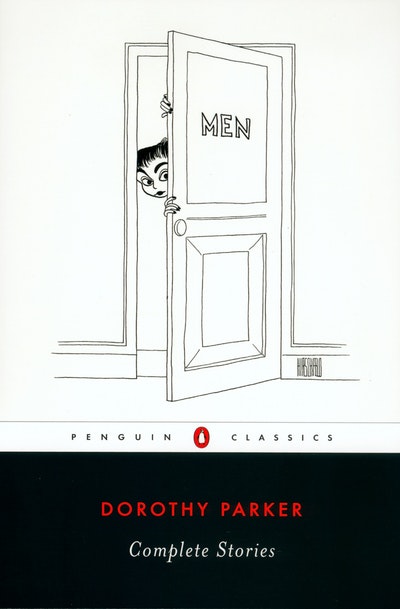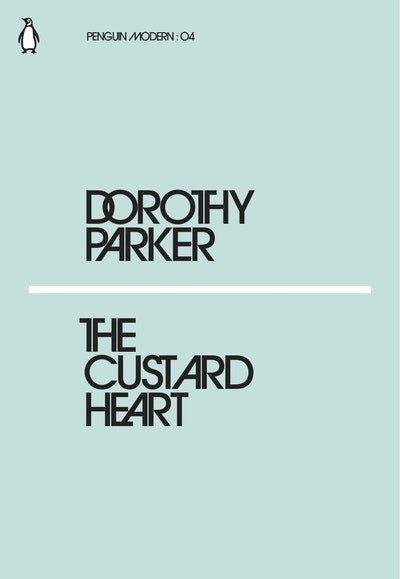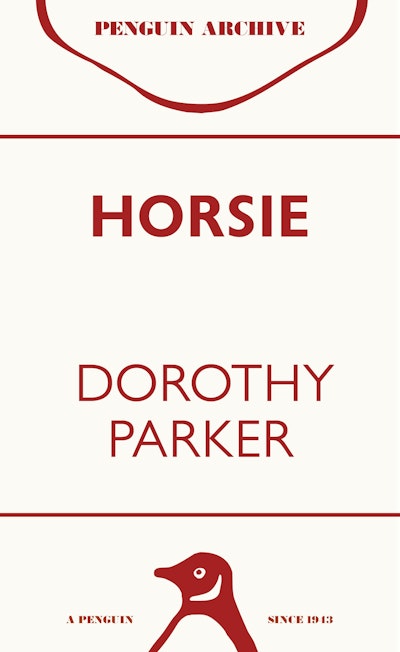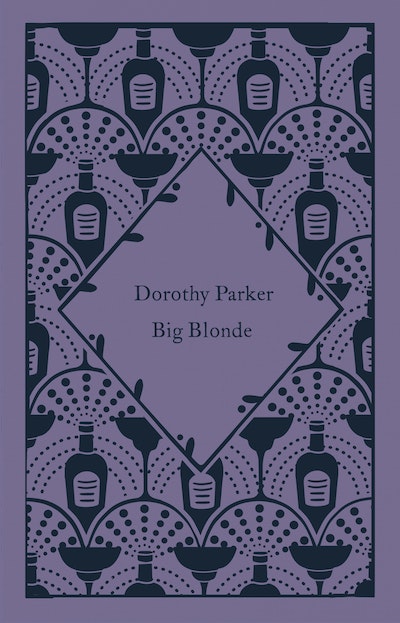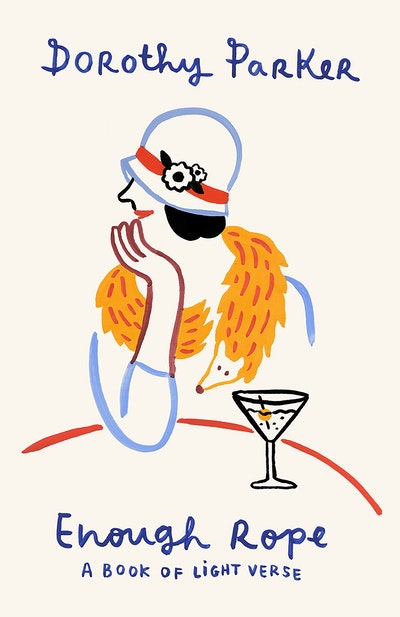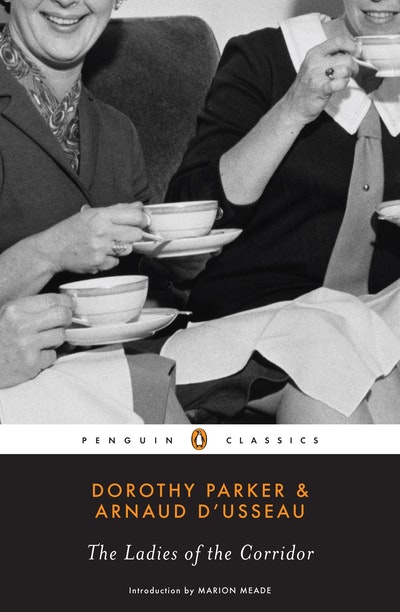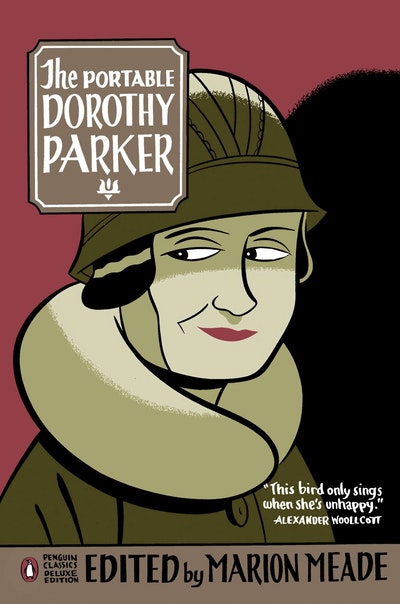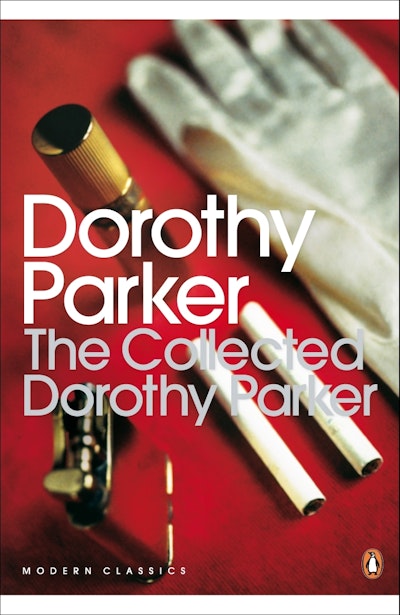'To say that Mrs. Parker writes well is as fatuous, I'm afraid, as proclaiming that Cellini was clever with his hands . . . The trick about her writing is the trick about Ring Lardner's writing or Ernest Hemingway's writing. There is no trick.'
- Ogden Nash
Dorothy parker's quips and light verse have become part of the American literary landscape, but, as this collection of her complete short stories demonstrates, Parker's talents extended far beyond brash one-liners and clever rhymes.
This collection features Parker's best-known tales ('Big Blonde,' 'A Telephone Call,' and 'The Lovely Leave' among them), as well as thirteen stories never previously collected. There is also a selection of sketches, including 'A Dinner Party Anthology' and 'Men I'm Not Married To,' in which Parker sardonically reflects on some familiar social and emotion realities.
Edited by COLLEEN BREESE
With an Introduction by REGINA BARRECA
